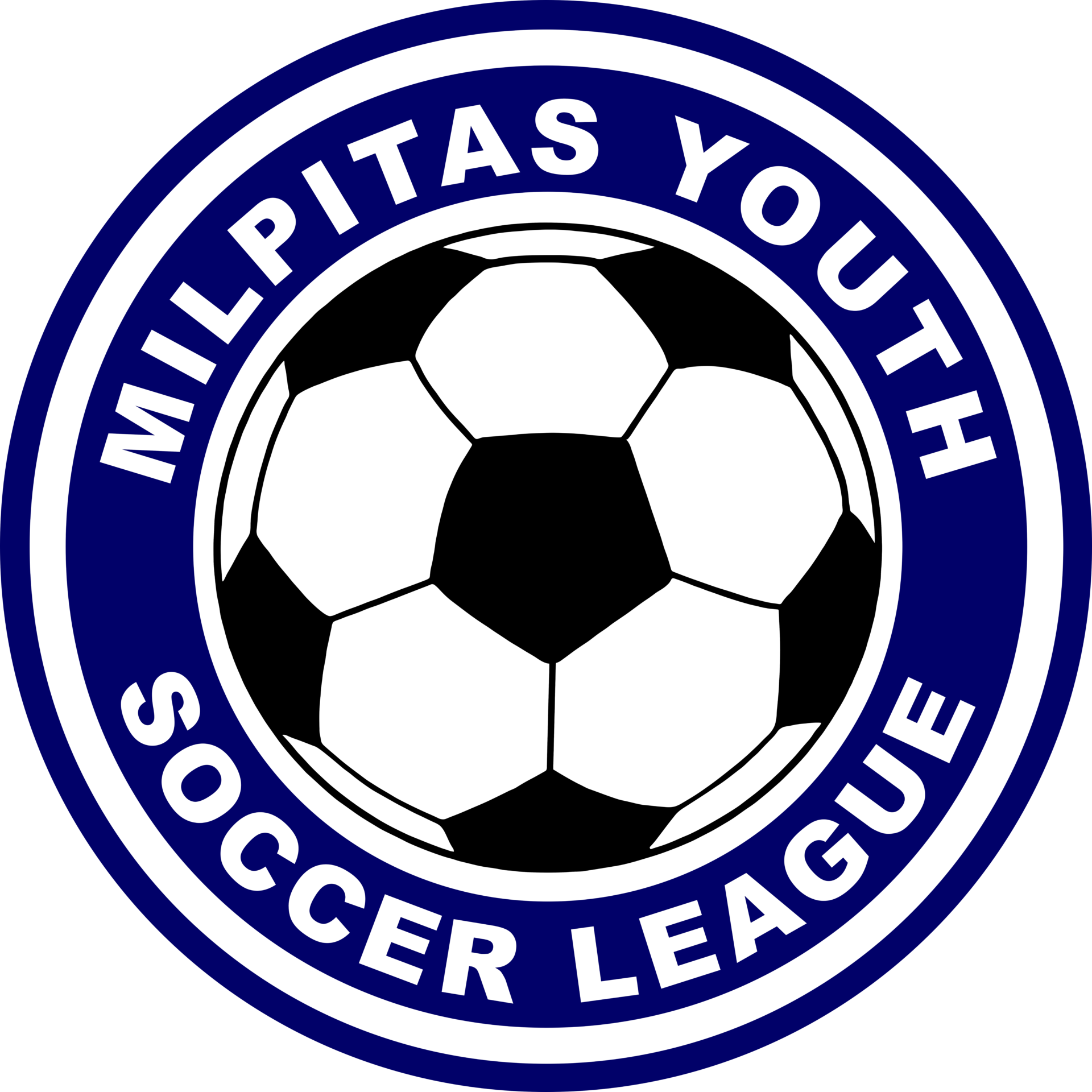Coaching Courses
All coaches and trainers are expected to continue their coaching education.
Coach Commitment
MYSL Coaches are expected to be role models who project the spirit of the sport on and off the field. They are responsible for fairly applying the league’s policies.
No coach shall use profanity or make derogatory remarks or gestures to a referee, parent official, player, parent, or spectator. A coach may never strike, shake, push, or otherwise physically assault a player. A coach has the responsibility to ensure that all REC players receive at least 50% playing time during games.
Follow the Coaches Code
- Enthusiastically support and practice “everyone plays” and positive coaching philosophies.
- Be reasonable in your demands on the young players’ time, energy, enthusiasm and their performance on the soccer field.
- Impress on your players that they must abide by the rules of the game at all times.
- Develop team respect for the ability of opponents, and for the judgment of referees and opposing coaches.
- Ensure that your players’ soccer experience is one of fun and enjoyment (winning is only part of it). Players should never be yelled at or ridiculed for any reason.
- Set a good example and be generous with your praise when it is deserved. Children need a coach they can respect.
- Do not publicly question referees judgment and never their honesty.
- Keep informed about “sound principles of coaching”; and “growth and development” principles relating to children.
- Enlist the support of your team’s parents in your efforts to instill the proper attitudes and values in the players. MYSL coaches are responsible for the conduct of their sideline.
- Check equipment that you use. It should meet safety standards and be appropriate for the age and ability of your players. Bring all safety issues concerning facilities to the attention of Bob Yuhara at [email protected] .
- Follow the advice of a physician when determining when an injured child is ready to play again.
- Abide by the rules of all leagues and tournaments in which your team participates.
Be a positive role-model whenever you are around any players. If you feel a situation is getting out of control find a field marshal or other official to observe or assess the game/situation. Do not “take it into your own hands”. Defuse, rather than inflate problems.
“POSITIVE” BEHAVIOR FOR COACHES
The stated goals for coaches are many, and NONE include arguing with the referees. Every one of these goals deals with the coach’ s responsibility to teach players about soccer using skill, reason, fitness, and logic. Some specific goals request coaches to:
- Inspire a love for the game and the desire to compete fairly.
- Realize that you are a teacher (and role model) and that the soccer field is a classroom.
- Develop respect for the opponents, opposing coaches, and of the officials.
“NEGATIVE” BEHAVIOR FOR COACHES
As a role model and teacher, it is expected that all coaches, as well as the parents, will not exhibit any negative behavior by shouting and arguing with the officials on their games. The CYSA Rules of Play (3:08:03) specifically prohibit this behavior and a coach sent off can be penalized a minimum of a three game suspension and a three game probation by CYSA and MYSL. Since the coach is responsible for the behavior of the parents, it will be the coach who is sent off when it is a parent who has violated the rule.
It appears that many verbal confrontations revolve around coaches and the official’ s difference in opinions. Referees are trained to make calls based on FIFA Instruction of the Application of the Laws of the Game. FIFA and CYSA specifically recognize the decisions of the referee regarding facts connected with play are final.
It is vital that all coaches understand that they are the focal point for their team and their actions, positive and negative, greatly influence the enjoyment of the youth players and parents.
